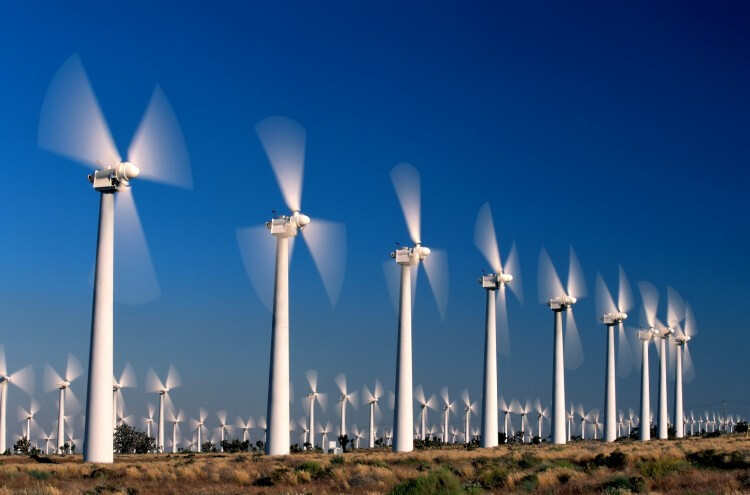
Cairo, Egypt - The European Bank for Reconstruction and Development (EBRD) is playing a key role in the development of Africa's largest wind farm in Egypt, providing a $200 million loan to the Suez Wind project.
The 1.1-gigawatt wind farm, located in the Gulf of Suez, is a significant step towards Egypt's goal of increasing its renewable energy sources to 42% of its energy mix by 2030, as outlined in its Nationally Determined Contributions (NDCs) under the Paris Agreement.
Key Highlights:
Project Scale: The Suez Wind farm is the largest onshore wind farm in the EBRD's operational countries.
Environmental Impact: The project is expected to generate over 4,300 GWh of electricity annually, reducing CO2 emissions by more than 2.2 million tons per year.
Financing: The EBRD's $200 million loan is complemented by $75 million from Arab Bank and Standard Chartered. Other co-financiers include the African Development Bank, British International Investment, Deutsche Investitions- und Entwicklungsgesellschaft, the OPEC Fund for International Development, and the Arab Petroleum Investments Corporation.
Partnerships: Suez Wind is a joint venture between Saudi energy giant ACWA Power and HAU Energy, a renewable energy equity platform backed by the EBRD, Hassan Allam Utilities, and Meridiam Africa Investments.
Economic Benefits: The project is expected to create jobs, stimulate local economies, and contribute to Egypt's economic growth.
Government Support:
Rania Al-Mashat, Egypt's Minister of Planning, Economic Development, and International Cooperation, emphasized the government's commitment to renewable energy and its collaboration with the EBRD to attract private sector investment. She highlighted the success of the Nexus of Water, Food, and Energy (NWFE) program, which aims to mobilize blended finance for renewable energy projects.
EBRD's Role:
Nandita Parshad, Managing Director of the EBRD's Sustainable Infrastructure Group, expressed pride in the bank's contribution to this landmark project. She emphasized Egypt's leadership in large-scale renewables in Africa, having previously supported the largest solar farm on the continent.
Broader Impact:
The Suez Wind farm aligns with the EBRD's priorities in supporting sustainable infrastructure and promoting economic development in Egypt. Since 2012, the EBRD has invested nearly €13.3 billion in various sectors across the country, with a strong focus on power, water, and wastewater projects.
Looking Ahead:
This project marks a significant milestone in Egypt's transition to a greener energy future. The successful implementation of the Suez Wind farm will not only contribute to the country's renewable energy goals but also serve as a model for other African nations seeking to decarbonize their energy sectors.
[Copyright (c) Global Economic Times. All Rights Reserved.]





























